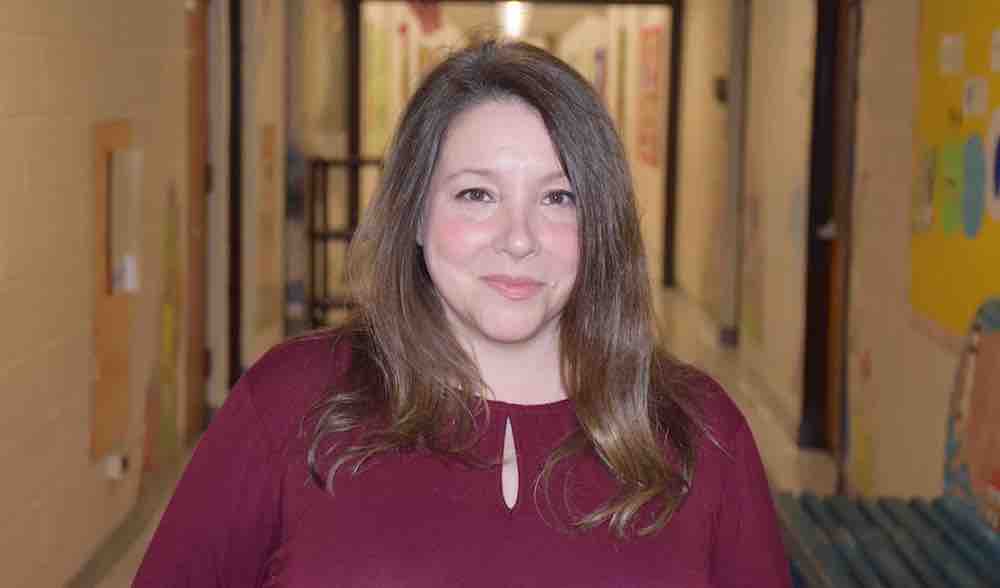Shoreham-Wading River welcomes new mental health counselor

This academic year, the Shoreham-Wading River School District welcomed Nancy Kloska to the counseling staff at Prodell Middle School and Shoreham-Wading River High School.
Ms. Kloska, a state-certified school counselor with a master’s degree in school counseling from Hofstra University, is the district’s new student support counselor. In that capacity, she will cater to the needs of middle and high school students while connecting them with outside resources.
The Riverhead News Review spoke with Nancy Kloska about her prior counseling experience, cooperating with students and parents, and prioritizing student mental health.
Riverhead News Review: Where are you from? How long have you worked within the district?
Nancy Kloska: I live in Sayville. I’ve worked as the student support counselor at Prodell Middle School and Shoreham-Wading River High School since October 2018.
NR: Why was the student support counselor role created this year?
NK: It was created, in large part, as a proactive counseling position, providing after-school counseling and advocacy for students at both the middle and high school levels while connecting parents with outside referrals to mental health resources within the community.
NR: What do you do as a student support counselor?
NK: As the student support counselor, I am that additional support person there to meet with students toward the end of the school day and after school, when issues can sometimes come to a head. My objectives in this role are to listen, support and guide my students, thereby promoting their positive social-emotional well-being and development.
NR: I understand you work for the district through the North Shore Youth Council. Can you speak to how you are using your experience in that role for this new position?
NK: I’m currently North Shore Youth Council’s before and after care director for the district. Through NSYC, I am connected to the community, its needs and resources. I have come to know the elementary students in our program, the needs of their parents and the issues that they may be facing. Awareness of the concerns of parents and students here has been helpful in easing transitions and decreasing anxiety for our students.
NR: Why is it necessary for schools to have mental health support counselors?
NK: When the social, emotional, academic and behavioral needs of students are met, students achieve and thrive, but far too often, students do not get all that they need. Some students need a little more support to help them meet with success. Counselors are able to identify issues and address areas of difficulty for their students, while assisting them in navigating and overcoming circumstances, in order to help them work toward their goals. We want our students to know someone truly cares about and understands them. It is a whole-child approach that goes beyond academic performance, addressing the issues involved in promoting positive development, success and happiness.
NR: How can a counselor benefit a student’s mental health?
NK: A counselor is there to listen, help and guide. An experienced counselor can help provide the extra support that a student may be in need of. Through counseling, a counselor can increase motivation and promote effective coping mechanisms. By listening and building rapport with a student, that student can feel that much more connected to the school and it becomes a more welcoming place. It is not only about grades and college choices. It’s about how the student feels and processes the changes and unique challenges in their social/emotional development. Many things can impact a student’s success in school and beyond. Listening to and being sensitive to the issues impacting our youth and counseling them through these challenging and formative years can make all of the difference in the life of a child.









